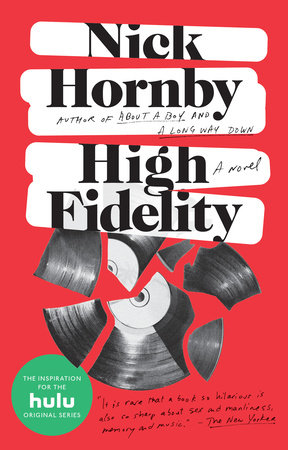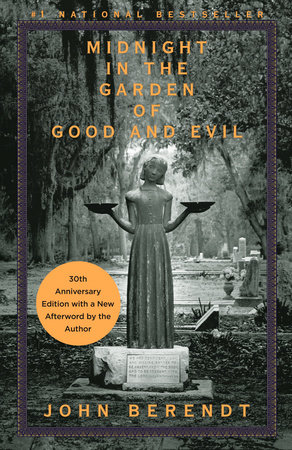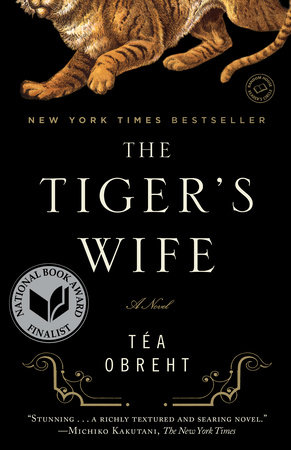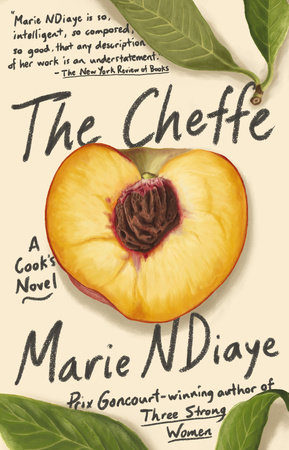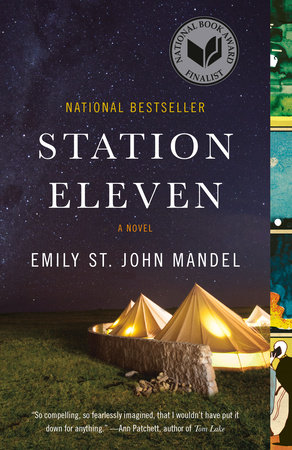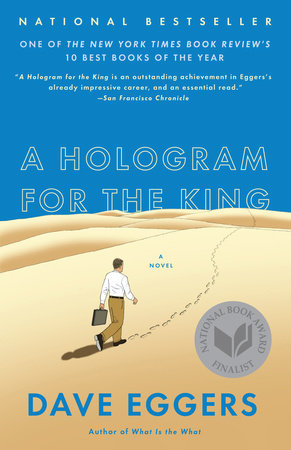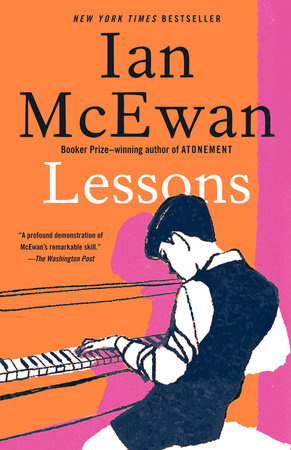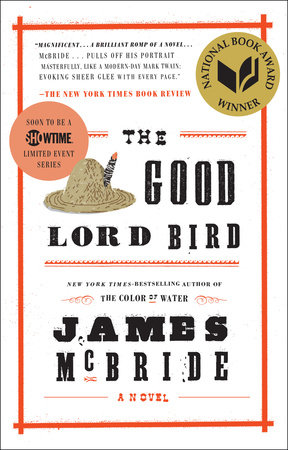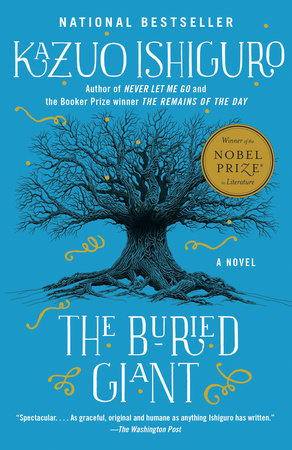Q: Was there a particular event or idea that was the genesis for THE GLASS HOTEL?
A: My original idea was that I wanted to write a ghost story that was also somehow about money. (In fact, one of my early working titles was Ghosts and Money, because titles are hard.) But the event that captured my imagination was the collapse of the Madoff Ponzi scheme. The characters in the novel are entirely fictional, but the central crime is essentially Madoff’s.
Q: At the center of this novel is this Madoff-esque financial collapse and the characters who pay the human cost. What drew you to this story of a massive Ponzi scheme?
A: When the Madoff story broke, I was an administrative assistant who wrote novels on the side. As an office worker, what fascinated me most about the story was the idea of Madoff’s staff. Think of the camaraderie that you have in any office environment, or with any group of people, and now imagine how much more intense that camaraderie would be if you were showing up at work every Monday morning to perpetuate a massive crime. What story do you have to tell yourself in order to sleep at night? Or is it less a question of narrative, and more a question of existing in a state of knowing and not knowing at the same time?
It seemed to me that there were two very interesting collective delusions at play: on the one hand, a group of investors who were able to convince themselves that their spectacularly high returns were plausible; on the other, a group of staffers who somehow managed to look their families in the eye over the dinner table at the end of the work day. I find myself drawn to the 2008-09 economic collapse (it was also the subject of my third novel, The Lola Quartet), and I felt when I wrote this book that I was essentially engaged in writing historical fiction. I didn’t think of this book as having any particular relevance to the present, but when I consider the political landscapes on both sides of the Atlantic, it seems to me that we’ve slipped back into the era of the man in the empty suit, so to speak, the era of conmen and mass delusions.
Q: One your characters describes money as “its own country.” What does this country look like?
A: It’s a country whose citizens experience a lesser degree of risk than most of us are accustomed to. I don’t mean this in a judgmental or pejorative sense——but people who have always had money just operate in a different reality, and often have a limited understanding of what it means to not have money. Of course, misfortune can befall them, but they are immune to the problems that can be fixed with money. I’m not making a moral judgment against them. It’s just that practically speaking, they’re from a different country, and there are fundamental differences in outlook.
Q: What sort of research informs this novel—in addition to finance, you seem to know a lot about hotel management and also shipping containers!?
A: I’m glad the book conveys that impression! I’m by no means an expert on any of those topics, but there are several excellent books on the Madoff story—I particularly liked Diana B. Henriques’s The Wizard of Lies— and I read a great book about shipping a few years back, Rose George’s Ninety Percent of Everything. I think I picked up most of the hotel management details from blogs and from Jacob Tomsky’s memoir Heads in Beds: A Reckless Memoir of Hotels, Hustles, and So-Called Hospitality.
Q: The hotel itself is so beautifully rendered. It feels like it just has to exist. Can you describe it a little and also how you came to imagine it? Is it based on any real place?
A: I wish that hotel existed. I stay in a lot of hotels, and I thought of the Hotel Caiette as sort of my magical ideal hotel, the one I’d stay in if I could. A high-end hotel is a self-enclosed world. It was interesting to imagine that self-enclosed world being placed in a somewhat incongruous place. In the book, it’s a luxury hotel located on an inlet in the far north of Vancouver Island. There are some very remote places up there, and the surreality of a hotel of that scale being placed on the outskirts of one of those tiny isolated hamlets was appealing to me.
Q: So, we have talked about money. Let’s talk about the ghosts. What drew you to a ghost’s story?
A: I’ve always loved ghost stories and wanted to write one. We tend to think of ghosts in kind of a literal, “spooky figure approaching down darkened hallway” way, but as I went deeper into the book, I found it interesting to think about different ways of being haunted. There’s a poem I love by Tomas Tranströmer, called The Blue House, in which a man contemplates his house, and his life, from the vantage point of the nearby woods. He writes: “I am grateful for this life! And yet I miss the alternatives. All sketches wish to be real. … We do not actually know it, but we sense it: our life has a sister vessel which plies an entirely different route.”
I love this idea, that our lives are haunted by these “sketches,” these ghosts of the lives we didn’t live. (The life where you married someone different, for example, or where you went to a different school, the life where you emigrated instead of staying or vice versa.) So, some characters in The Glass Hotel are haunted by figures that might be projections but might be actual ghosts (if one can use a word like “actual” where a ghost is concerned), and others are haunted by lives they might have lived. Other characters are actually ghosts themselves.
Q: Station Eleven fans will find some small nods to that beloved novel here. While this novel is different in so many ways how do you see it in relation to Station Eleven? It seems like they are both in many ways about art?
A: Yes, I think that’s fair to say. I also think it’s fair to say that if The Glass Hotel is a departure from Station Eleven, it’s in many ways a return to the themes that preoccupied me in my earlier work. My first three novels—Last Night in Montreal, The Singer’s Gun, and The Lola Quartet‚—were largely concerned with bad decisions, the question of how to live honourably in a damaged world, memory, and questionable morality.






